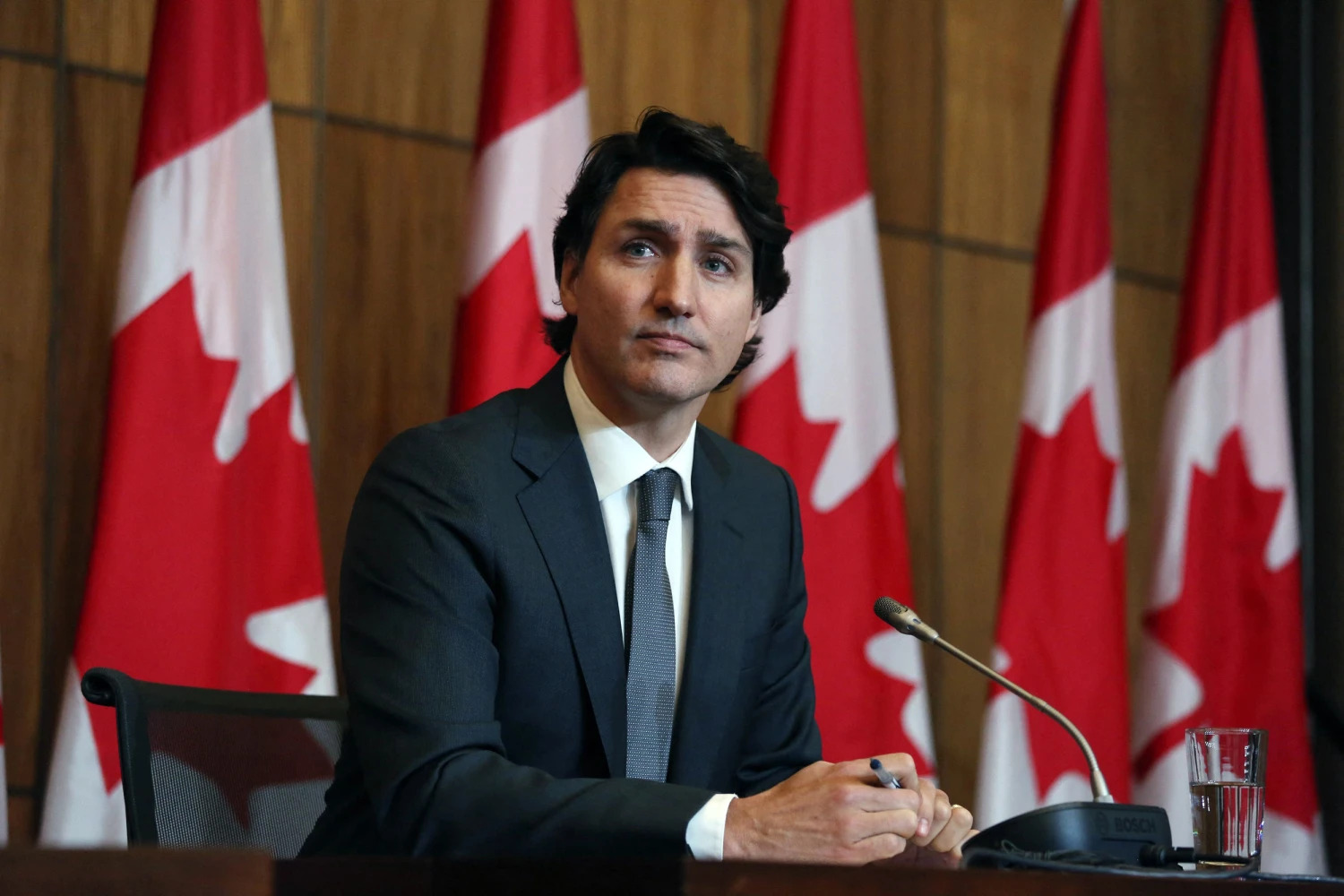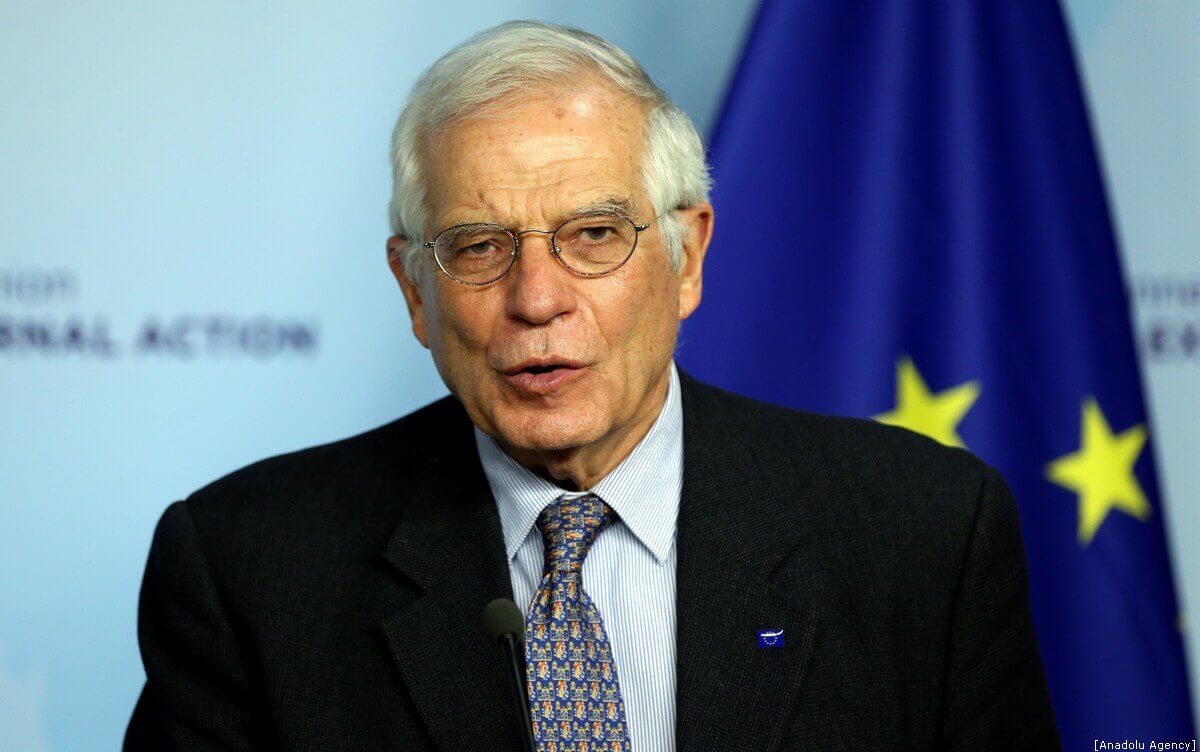South Asia
Pakistani Prime Minister Shehbaz Sharif urged authorities to restore the roads and communication channels that have been affected by the floods by Friday. He also asked the Power Division to explain the delay in the rehabilitation of damaged infrastructure and directed them to submit a report on the measures they have taken since August 25 to restore power supply. [Associated Press of Pakistan]
The Taliban’s Ministry of Vice and Virtue spokesperson, Sadeq Akif Muhajir, said women’s right to education and work is enshrined in Islam and claimed that the group is looking for a way to create a “safe environment” for girls and women to return to schools and workplaces. [Al Jazeera]
Central Asia and the Caucasus
European Council President Charles Michel hosted Azerbaijani President Ilham Aliyev and Armenian Prime Minister Nikol Pashinyan for talks on a peace agreement, humanitarian cooperation, border delimitation, and transport connectivity. Michel said the dialogue was “open and productive” and revealed that they will meet again in this format before the end of November. [European Council]
There are rising concerns among Western diplomats in Yerevan that Armenia is re-exporting goods to Russia, where many Western companies have suspended operations due to the Ukraine war. Armenian exports to Russia grew by 49% in the first half of the year. Russia established a firm peacekeeping presence in Nagorno-Karabakh in the wake of the 2020 Azerbaijan-Armenia war. Armenia, in return, has abstained from many votes against Russia in the US and agreed to buy Russian gas in rubles. [Eurasianet]
East and Southeast Asia
The United Nations Human Rights Commission (UNHRC) on Wednesday released its long-awaited report on the state of human rights conditions in China’s Xinjiang province. Addressing allegations of forced labour in the region, the report said the body found indications that what Beijing describes as vocational training “appear to be discriminatory in nature or effect”. The report added that these training centres were “marked by patterns of torture or other forms of cruel, inhuman or degrading treatment or punishment.” It called on the government to take “urgent action,” noting that the “arbitrary and discriminatory detention” of Uyghurs could constitute crimes against humanity. [South China Morning Post]
Taiwanese military on Wednesday fired live rounds and signal flares at three “civilian” Chinese drones that intruded the airspace of the country’s Lieyu, Dadan, and Caoyu islands. Taiwanese authorities reported that the drones quickly flew away and headed toward China’s Xiamen. It marked the second day in a row that the self-governing island’s military had to resort to firing shots at an unmanned aerial vehicle (UAV) of Chinese origin. [Taiwan News]
Europe
The European Union has suspended its 2007 visa deal with Russia, making it more expensive and cumbersome for Russians to secure visas to enter the bloc. However, the decision has been criticised for falling short of a complete ban on tourist visas for Russians. [Euronews]
The United Nations Human Rights Committee said that the Spanish government violated the political rights of four Catalonian separatist leaders by suspending them for supporting a call for independence back in 2017. While the movement has largely died down over the past few years, the ruling could imbibe renewed momentum, even though it has been described as “largely symbolic,” as it does not have any tangible repercussions for the Spanish government. [Al Jazeera]
Russian state-owned energy company Gazprom announced on Tuesday that it would stop supplying gas to French energy company Engie from today “until the moment it receives full payment for the gas it has supplied.” “Very clearly Russia is using gas as a weapon of war and we must prepare for the worst-case scenario of a complete interruption of supplies,” French Minister for Energy Transition Agnès Pannier-Runacher remarked. [Reuters]
Latin America and the Caribbean
Days after Indian External Affairs Minister S. Jaishankar reiterated India’s support to Argentina in the “sovereignty issue” over the Malvinas/Falklands islands, the British High Commission in New Delhi on Monday reaffirmed that “the United Kingdom has no doubt about its sovereignty over the Falkland Islands, nor about the principle and the right of the Falkland Islanders to self-determination as enshrined in the UN Charter.” He also rejected further negotiations on the issue, stating that the islanders “have made it absolutely clear” that they wish to maintain their status as an Overseas Territory of the UK, referring to the 2013 referendum. [Merco Press]
On Wednesday, a St. Lucia-based court struck down a colonial-era legislation criminalising homosexuality in Saint Kitts and Nevis, declaring it “null and void and of no force,” as it infringes upon the “right to determine the way they, as individuals, choose to express their sexuality in private with another consenting adult.” High Court Judge Trevor Ward rejected the government and church’s contention that such a move could impact the “moral and religious fibre” of society, stating that “public morality is not synonymous with religious dogma or public opinion.” [Al Jazeera]

Middle East and North Africa (MENA)
One protester was killed in Khartoum on Wednesday during continued anti-coup protests. In total, 117 people have now died since army chief Gen. Abdel Fattah al-Burhan seized power last October. Though Burhan announced in July that the army would withdraw from peace negotiations to pave the way for a civilian government, protesters remain unconvinced by his willingness to restore civilian rule. [AFP]
Energy experts and analysts have warned that the political unrest in Iraq could be "extraordinarily toxic" to the global oil market and increase prices by $5-10. The warning comes after supporters of populist Shia cleric Muqtada al-Sadr stormed the government palace in Baghdad on Monday in the wake of his resignation from politics, resulting in violent clashes that killed 22 people. Although Sadr has since called off the protests, he continues to demand new elections to form a stable government. [CNBC]
North America
While speaking with Israeli Prime Minister Yair Lapid on Wednesday, United States President Joe Biden underscored Washington’s “commitment to never allow Iran to acquire a nuclear weapon.” Biden also stressed “the importance of concluding the maritime boundary negotiations between Israel and Lebanon in the coming weeks.” [The White House]
Days after Canadian Deputy Prime Minister (PM) Chrystia Freeland was verbally harassed in Alberta, Canadian PM Justin Trudeau said that the country’s politicians would have to “rethink the freedoms that we’ve had as parliamentarians” in order to make sure that elected leaders and the public can interact safely on Wednesday. He also claimed that it would be difficult for women and people of colour to enter politics if incidents of intimidation become normalised. [CBC News]
Oceania
The Australian Navy will receive training from its British counterparts on board the HMS Anson, its nuclear-powered submarine, as part of their AUKUS agreement. Australian Defence Minister Richard Marles said that “the technology, capability and lethality on show” was “truly impressive” and added that Canberra “looks forward to progressing talks through the AUKUS partnership.” [The Straits Times]
New Zealand Prime Minister Jacinda Ardern paid tribute to the late Mikhail Gorbachev, the Soviet Union’s last president, in a statement on Wednesday. “Gorbachev demonstrated the importance of engagement and diplomacy, shown by the role he played in bringing an end to the Cold War. There is no question he holds an important place in the world’s history,” she said. [News Hub]
Sub-Saharan Africa
Angolan opposition party the National Union for the Total Independence of Angola (UNITA) on Tuesday challenged the electoral commission’s declaration of President João Lourenço’s victory in the recently concluded presidential elections, stating that its representative “was not granted the right to record in the result sheet his complaint about the electoral results.” The party had earlier filed two complaints with the commission demanding a review of final tallies in Moxico and Luanda, and has since vowed to not recognise the results until its complaints are resolved. [Reuters]
On Wednesday, a report by the United Nations peacekeeping mission in Mali (MINUMSA) revealed that over 50 civilians were killed and around 500 arrested in an operation by Malian armed forces and “foreign troops” on April 19 in Hombori.“White-skinned soldiers” accompanying the junta forces have been linked to Russian mercenaries from the Wagner Group, with the Human Rights Watch repeatedly denouncing human rights abuses and civilian massacres by Malian forces and “associated foreign fighters.” [Al Jazeera]

